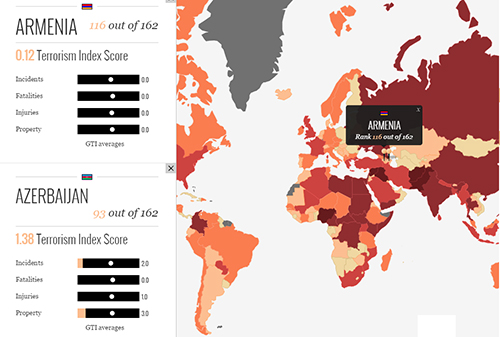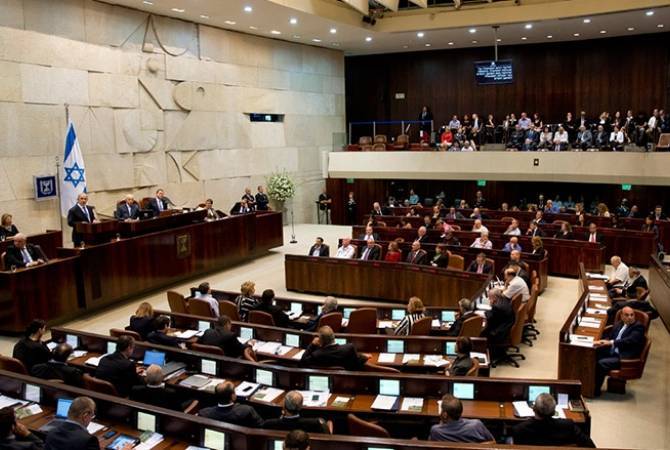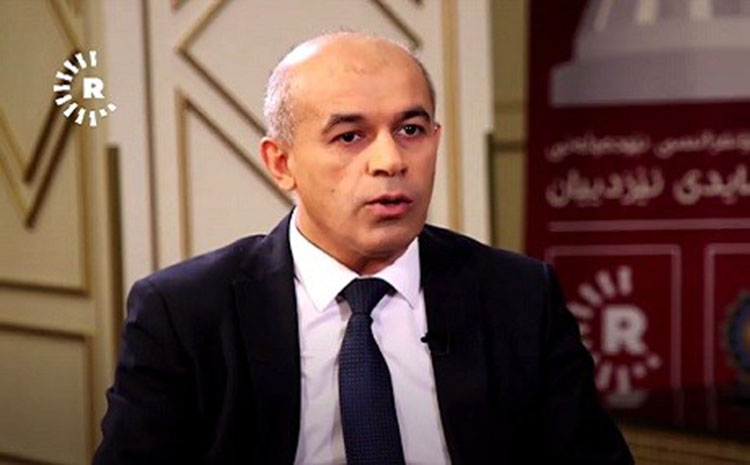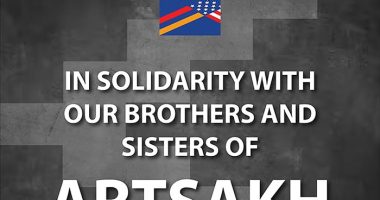By Hambersom Aghbashian
Dr. Esra Özyürek is an Associate Professor and Chair for Contemporary Turkish Studies at the European Institute, London School of Economics. She received her BA in Sociology and Political Science at Boğaziçi University, Istanbul and her MA and PhD in Anthropology at the University of Michigan, Ann Arbor. Before joining the LSE she taught at the Anthropology Department of University of California, San Diego. Dr. Özyürek a political anthropologist who seeks to understand how Islam, Christianity, secularism, and nationalism are dynamically positioned in relation to each other in Turkey and in Europe. For her research received funding from Fulbright Foundation, Alexander von Humboldt Foundation, German Academic Exchange, Institute for Turkish Studies. She was a resident fellow at the American Academy in Berlin. She is the recipient of Barkan Prize for best article in the field of Turkish Studies. Her research interests are Secularism, Islam, Christianity, nationalism, religious conversion, memory, Turkey, Germany. Her most recent book Being German, Becoming Muslim: Race, Religion and Conversion in the New Europe has been published by the Princeton University Press (2014). Her previous book Nostalgia for the Modern: State Secularism and Everyday Politics in Turkey has been published by Duke University Press (2007). She also is the editor of Politics of Public Memory in Turkey published by Syracuse University Press (2007) and Unuttuklarɩ ve Hatɩrladɩklarɩyla Turkiye’nin Toplumsal Hafɩzasɩ by İletişim Yayɩnevi (2002).
On January 5, 2009, Esra Özyürek wrote in “Los Angeles Times”: Two hundred Turkish intellectuals last month launched an Internet signature campaign for an apology to Armenians for the 1915 massacres. “My conscience does not accept the insensitivity showed to and the denial of the Great Catastrophe that the Armenians were subjected to in 1915,” the brief statement reads. “I reject this injustice and for my share, I empathize with the feelings and pain of my Armenian brothers and sisters. I apologize to them.” Within a month, more than 26,000 people signed on. Organizers of the “I apologize” campaign notably shied away from the word genocide, opting instead for “the Great Catastrophe,” Turkey’s prime minister, Recep Tayyip Erdogan, quickly dismissed the apology movement.” Esra Özyürek added “It wasn’t until I enrolled in graduate school at the University of Michigan, one of the most important centers of Ottoman and Armenian studies in the United States, that I learned about the unacceptably sad end of the Armenian subjects of the Ottoman Empire. (1)
In his article -Florida Turks Complain: “Never a break…They started again!”- (USA Armenian Life Magazine -January 9, 2009), Apo Jabarian wrote the following “On January 5, The Los Angeles Times featured a truthful opinion article by Esra Özyürek, an associate professor of anthropology at UC San Diego and the author of “Nostalgia for the Modern: State Secularism and Everyday Politics in Turkey” and “Politics of Public Memory in Turkey.”He added what Prof. Özyürek concluded that ” “Turks growing up today surely are better informed about the history of the land they inhabit. Even those who accept the nationalist line have to be aware of the sudden end of the centuries-long Armenian presence in Anatolia [Western Armenia and Cilicia – Ed]. Regardless of the terms they employ or the specific amount of responsibility they willingly shoulder, this next generation of Turks is already in a much better position to face the darkest aspect of their national history and develop a more responsible relationship to it.” (2)
London School of Economics and Political Science (LSE) Contemporary Turkish Studies organized a three-day public conference entitled “Encountering the Past in Turkey” on 11-12-13 May 2015 at LSE. A new interest in history emerged in a country that had erased its Ottoman past. The most traumatic aspects of Turkish history, especially those that were considered taboo, or simply denied. The Armenian Genocide, the Dersim and Maras massacres, the Wealth Tax, and expulsions of Greeks. At the face of an official policy of denial, increasing number of activists, artists, scholars, and citizens demand a deeper understanding and recognition of past atrocities in order to atone and seek justice. This conference explored how, why, under what conditions, and among which groups did willingness to confront the Armenian Genocide and other violent episodes, how to come to terms with the past as well as avoiding it? What are the implications of encountering the past for contemporary dynamics in Turkey? By doing so, it is hoped that the conference will contribute to promoting acts of reconciliation that have begun in Turkey. Dr. Esra Ozyurek, Ayse Gul Altinay, Bilgin Ayata, Marc David Baer, Alice von Bieberstein, Zerrin Ozlem Biner, Murat Celikkan, Ayda Erbal, Fatma Muge Gocek, Corry Guttstadt, Aslž Igsiz, Armine Ishkanian, Sossie Kasbarian, Joanne Laycock, Leyla Neyzi, Marc Nichanian, Ceren Ozgul, Murat Paker, Ayse Parla, Hakan Seckinelgin, Serap Ruken Sengul and Max Silverman were among the distinguished speakers and moderators who participated to this conference. (3)
______________________________________
Thanks to Dr. Esra Özyürek for reviewing the draft copy of this article. ( H.A.)
1- http://www.latimes.com/la-oe-ozyurek5-2009jan05-story.html
2- http://www.turkishnews.com/en/content/2009/01/24/florida-turks-usa-armenian-life-magazine-by-appo-jabarian/
3-http://researchturkey.org/lse-public-conference-encountering-the-past-in-turkey-11-12-13-may-2015/










